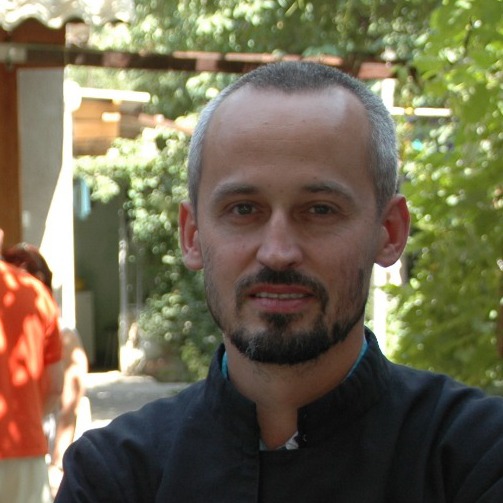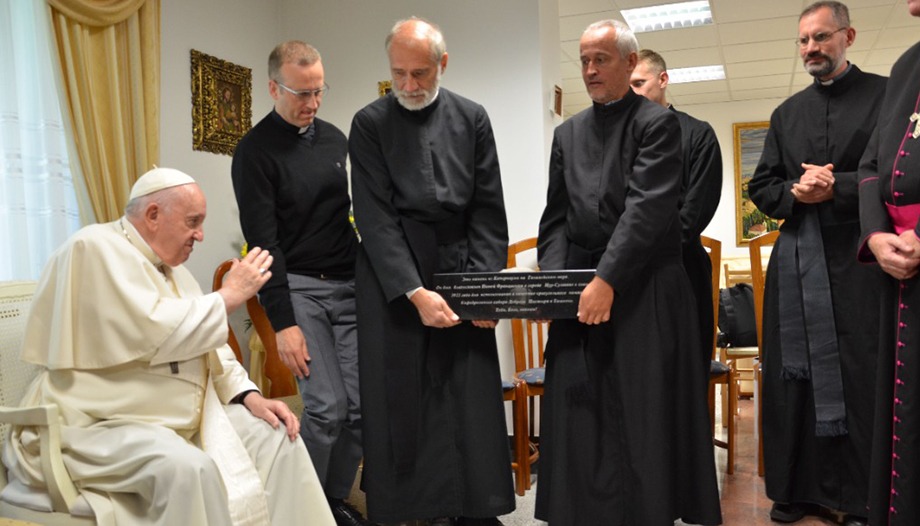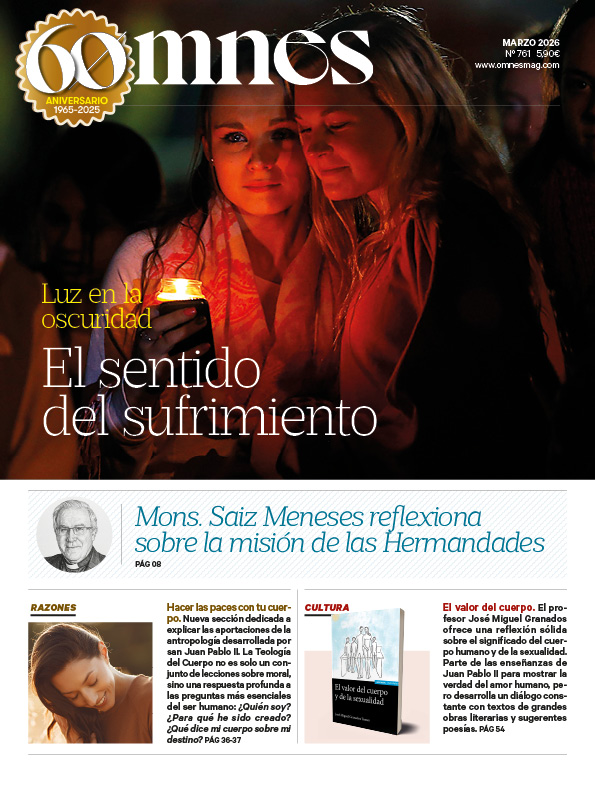There is an event in Kyrgyzstan that can certainly be considered historic: the construction of the first Catholic cathedral. The place of worship, the first stone of which was blessed at the Vatican by Pope Francis, will be built in Biškek, capital of the Central Asian nation, until 1991 one of the socialist republics that made up the Soviet Union.

The great novelty lies not only in the fact that the cathedral will be built many years after the fall of communism - somewhat later than in other post-Soviet countries, where the construction of cathedrals and churches flourished between the early 1990s and 2000 - but also in the fact that the Catholic Church is clearly in the minority. "How many Catholics are there in Kyrgyzstan? More or less 500, while there are six parishes in total," Damian Wojciechowski, a Jesuit, bursar of the Apostolic Administration of Kyrgyzstan and head of the cathedral construction project, explains to Omnes.
A small group when compared to the number of the entire population: more than 5 million, mostly Muslims, while the state is officially secular.
Small building, big symbol
In Biškek, for now, there is only one parish, located on the outskirts of the city. "With the new church, everything will be different," says Wojciechowski, explaining that the cathedral - whose construction is expected to begin in the next few weeks and last a few years - will not be huge, "it will measure only 300 square meters. It will be as small as our community. But the most important thing is that it will be a tangible sign of the presence of our faith throughout the country. And this is what we really needed.
Next to the cathedral, a large pastoral center will also be built to accommodate the many activities of the faithful that now take place in some private homes.
"Our houses", Wojciechowski points out, "are really small and are not suitable for these initiatives. And then we have to add that in the same pastoral center will also live some priests and our Apostolic Administrator, while some rooms will be used for Caritas offices."
The closeness of the Church
Kyrgyzstan is a young nation: according to the latest available data, at least 50% of the population is under 25 years old. "But Kyrgyzstan," reveals Wojciechowski, "is also a poor society, just think that at least 1.5 million people work in Russia because there are no jobs here."
Complicating matters is the high rate of corruption and political instability. Thus, the construction of the new cathedral can certainly be seen as a gesture of closeness of the Church to a population that suffers and needs to be supported and accompanied in its social redemption.
"In addition to witnessing to Jesus with our evangelization, we want to show that all Christians are proud citizens of Kyrgyzstan and want to do something good for this country," Wojciechowski concludes.








